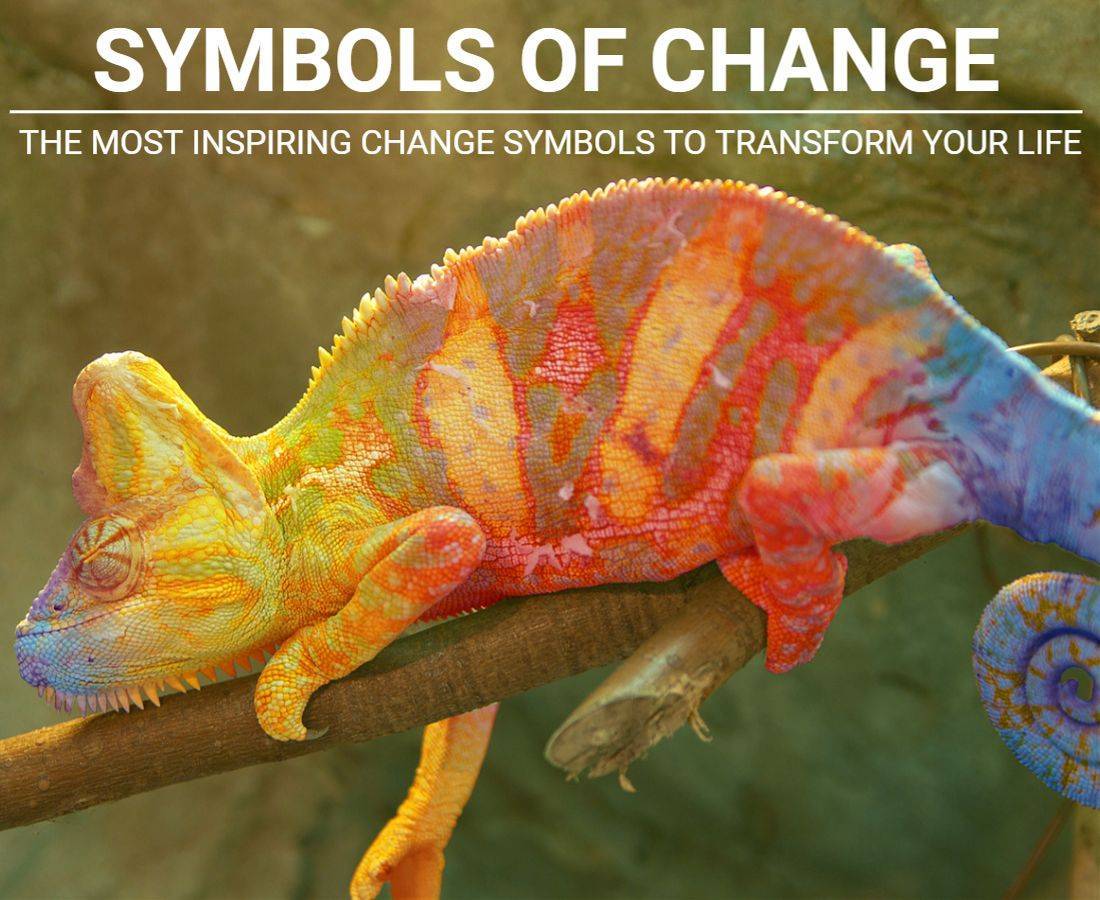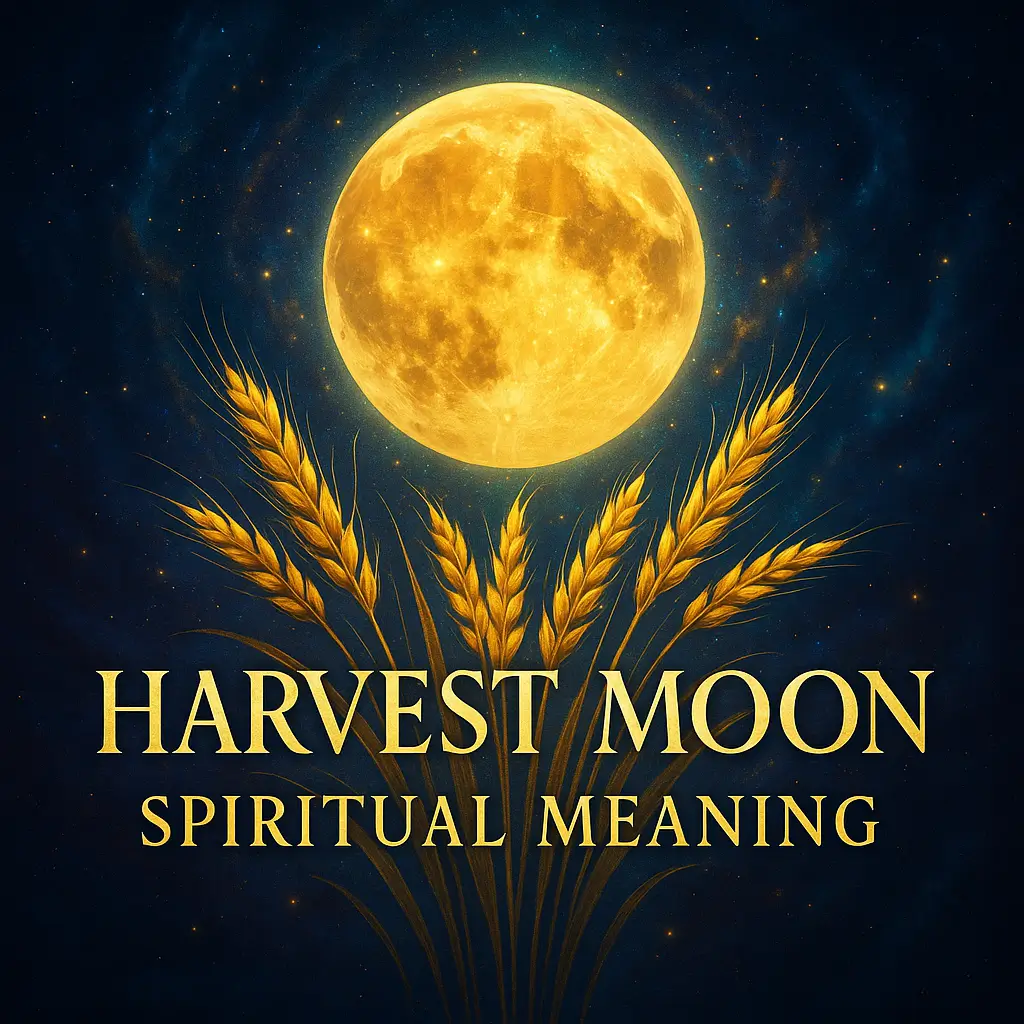Ever wondered why the butterfly is often depicted in tales of transformation? It’s one of the many powerful symbols of change that permeate our world.
In this article, we’ll explore the profound meanings behind these symbols, from ancient myths to modern interpretations.
Stay with us as we unravel the intriguing world of change symbols, offering you a fresh perspective on life’s constant evolution.
Table of Contents
- 1 Key Takeaways
- 2 Top Symbols for Change
- 2.1 Butterfly
- 2.2 Snakes
- 2.3 Chameleon
- 2.4 Lotus flower
- 2.5 Phoenix
- 2.6 The Celtic Dara knot
- 2.7 The Ouroboros
- 2.8 Dharmachakra
- 2.9 Sacral chakra
- 2.10 The Hourglass
- 2.11 Mmere Dane
- 2.12 Delta
- 2.13 Track switch
- 2.14 Snowflakes
- 2.15 David Bowie
- 2.16 Up arrow
- 2.17 Traffic lights
- 2.18 Calathea
- 2.19 How to Use Your Personal Symbol in Daily Life
- 2.20 Brief Symbols of Change Table + Additional Symbols
- 3 Symbols of Change in Art and Literature
- 4 Finding Strength in Symbols of Change: A Personal Journey
- 5 Conclusion: The Power of Change Symbols
- 6 FAQs
- 6.1 u003cstrongu003eWhat are Symbols of Change?u003c/strongu003e
- 6.2 u003cstrongu003eWhat is the significance of the Phoenix as a Symbol of Change?u003c/strongu003e
- 6.3 u003cstrongu003eHow are Symbols of Change used in Art and Literature?u003c/strongu003e
- 6.4 u003cstrongu003eWhat is a Personal Symbol of Change?u003c/strongu003e
- 6.5 u003cstrongu003eWhy are Symbols of Change important?u003c/strongu003e
Key Takeaways
- Exploration of various symbols of change, from ancient to modern.
- Cultural interpretations and personal symbols of change.
- The significant impact of embracing change in personal growth.
Top Symbols for Change
Change can be defined in many ways. Because of this, many symbols have been associated with change throughout the world and can be used to tap into your own ability to transform your life.
Butterfly
From a caterpillar that creeps to a pupa lying dormant in its chrysalis, a butterfly undergoes a series of changes before emerging as a creature of beauty. The butterfly symbolizes a person’s ability to transform and rejuvenate their life.
Its winged shape is highly informative, conveying the message of hope, metamorphosis, and freedom. The butterfly symbolizes new beginnings and growth, inspiring us to transform into better versions of ourselves.
Snakes
Depicted as terrible, deadly monsters, snakes have long held divisive and contrasting symbols in culture and religion. Snakes periodically shed their skin throughout their lives.
These typically docile and even-tempered creatures symbolically represent rebirth, transformation, and eternal renewal.

Chameleon
The chameleon can incredibly modify its color according to its environment. It is considered one of the most significant symbols of change.
It indicates our capacity to express ourselves creatively and be comfortable even during complex changes.
Lotus flower
The lotus flower grows even in the most dismal conditions, symbolizing beauty and resilience. The Lotus‘ ability to gracefully emerge from murky water represents our capacity to change from destruction into more loving and attractive individuals.
Phoenix

The phoenix ignites itself into a ball of fire before resurrecting and rising from its ashes every 500 years. This mythical creature stirs us to embrace change, encouraging us to embark on a new path and celebrate periods of renewal and transformation.
The Celtic Dara knot
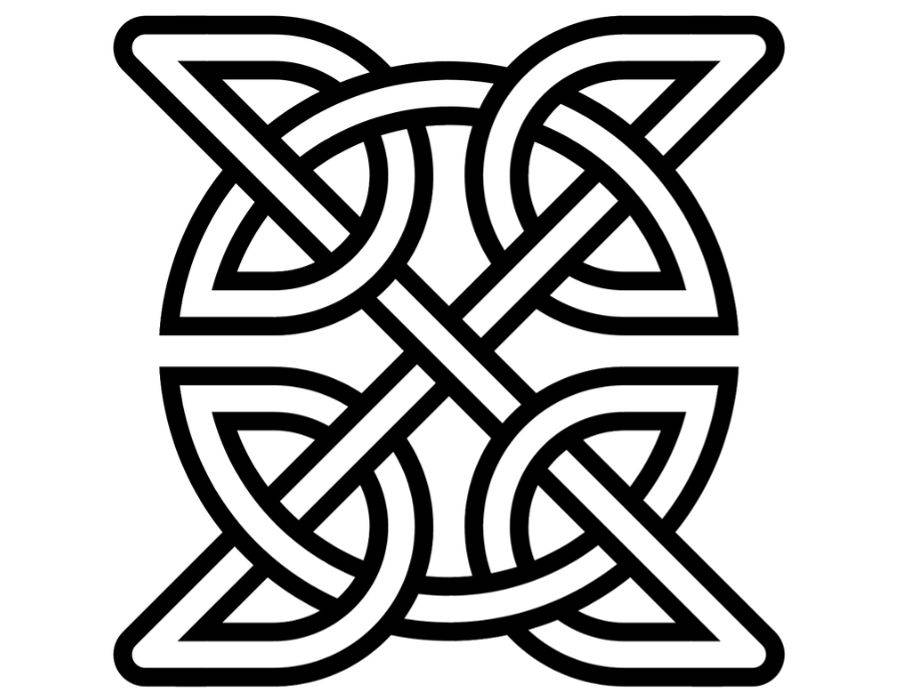
The Celtic Dara Knot symbolizes courage, endurance, and inner strength. These traits allow us to adapt to changes in our environment and keep moving forward.
The Ouroboros
Another ancient symbol, the Ouroboros, depicts a serpent or dragon eating its own tail, forming a continuous circle. This symbol, found in numerous cultures from Ancient Egypt to Greece, represents the cycle of life, death, and rebirth.
It’s a profound reminder of the infinite nature of time and the continuity of life, underscoring the concept that change is the only constant.
Dharmachakra
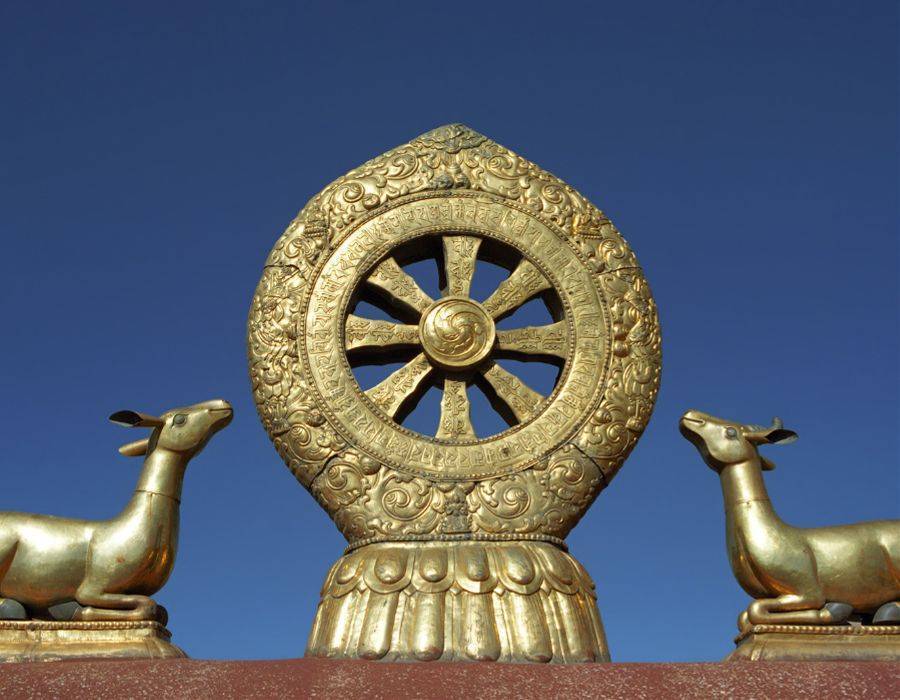
The Dharmachakra is considered the most sacred symbol in Buddhism. Also known as the Wheel of Dharma, it describes the spiritual changes one must go through to attain enlightenment.
Sacral chakra
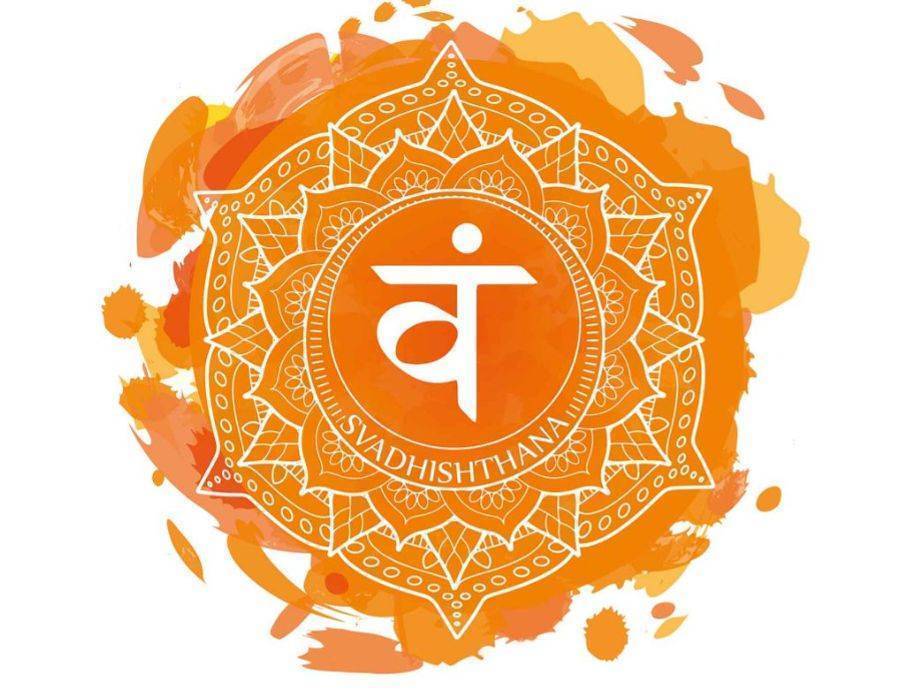
The sacral
Highly associated with water and its flow, it is vital in helping us embrace the changes we go through and let go of the things that hinder growth.
The Hourglass
The hourglass, for instance, is a powerful symbol of time and change. As the sands slip through the narrow passage, they remind us of the fleeting nature of time and the inevitability of change.
Each grain of sand represents a moment in time, and as they pass, they symbolize the continuous flow of change. The hourglass serves as a reminder that time waits for no one, and change is an integral part of our journey.
Mmere Dane
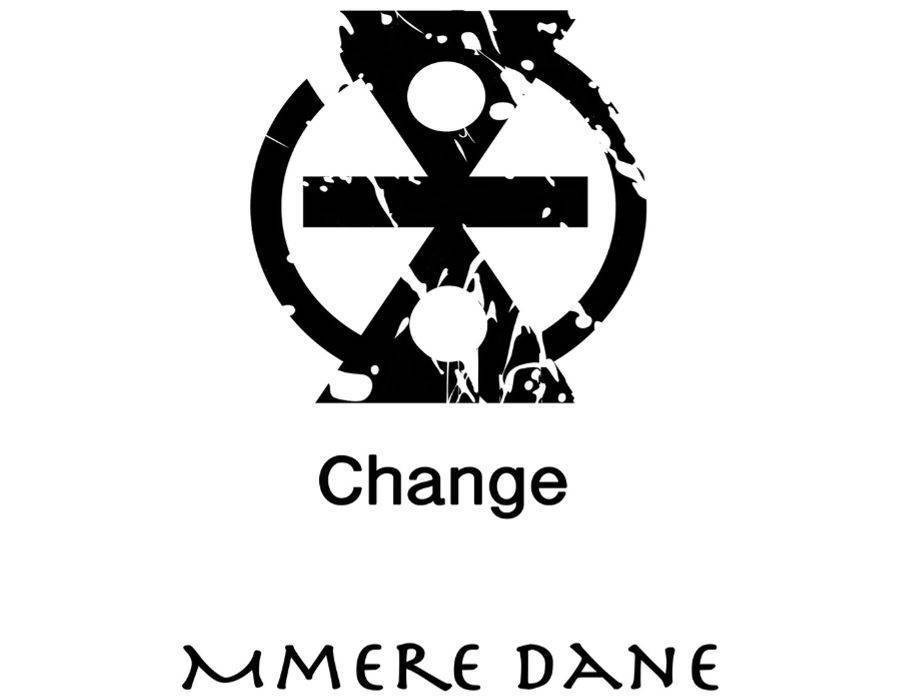
Created by the Akan people of West Africa, the Mmere Dane symbol reminds us that all things are temporary and that life is susceptible to constant changes. Utilized for its decorative function, it inspires those less fortunate to persevere in igniting change and tells the affluent that the good fortune they experience is not permanent.
Delta

The delta, believed to have been derived from a Phoenician letter, is the fourth letter of the Greek alphabet that is also often used to represent change or difference in mathematics. Expressed in both upper and lower case, it teaches us how transformation helps keep us in a healthy perspective.
Track switch

The track switch is the mechanism involved in changing a train’s route. It guides the line of coaches from one track to another. Also known as a turnout or a crossover, it reminds us how a change in mindset and attitude often results in gaining a better sense of control and direction in life.
Snowflakes
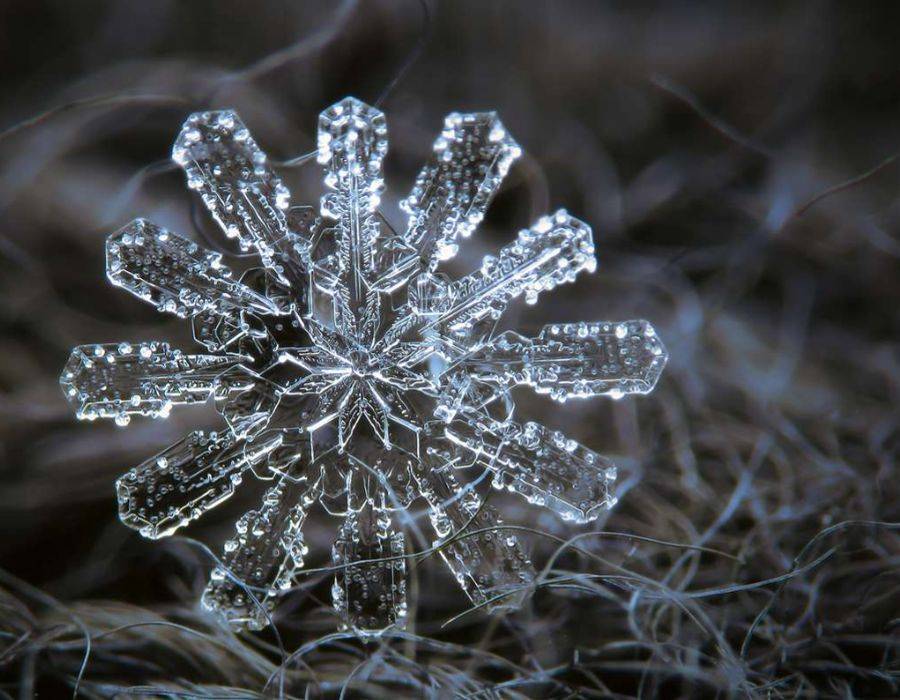
No two snowflakes are the same. Many consider them symbols of distinctness, dissimilarity, and change. A famous icon during winter and Christmas, its natural ability to transform into water when it melts makes it an ideal symbol for fresh starts.
David Bowie
Regarded as one of the most influential figures in the music industry, David Bowie was an enigmatic singer-songwriter who went through several changes in his identity. Creating obscure personas such as Ziggy Stardust, Aladdin Sane, Thin White Duke, and Halloween Jack, his 54-year career was marked by constant change and reinvention, with each character representing the different stages in his life.
Up arrow
The upward arrow is an optimistic symbol that suggests growth and progress. As the arrow points upwards, it represents the idea of rising out of one’s current circumstances towards a better and more informative future.
It encourages us to keep moving forward and make positive changes in our lives.
Traffic lights
The traffic light is a symbol of temporal change. As the colors switch between red, yellow, and green, they signify stop, caution, and go.
It reminds us that our lives are constantly changing, and we should be prepared to make adjustments as they come. The traffic light also warns us to be mindful of the consequences of our actions, as informed decisions can make or break future outcomes.
Calathea

Calathea is a tropical plant grown for its ornamental foliage. Its leaves close up in the evening and open again during the day, serving as a reminder that change is inevitable and our lives are in constant flux.
The Calathea also teaches us to embrace transformation and opens up our minds to the possibility of starting anew.
How to Use Your Personal Symbol in Daily Life
Once you’ve identified your personal symbol, you can incorporate it into your daily life. You might choose to wear it as a piece of jewelry, display it in your home, or even use it in meditation.
By doing so, you’re constantly reminding yourself of your capacity for change and growth.
Brief Symbols of Change Table + Additional Symbols
| Symbol | Cultural Origin | Meaning | Modern Interpretation |
|---|---|---|---|
| Phoenix | Greek Mythology | Rebirth and Renewal | Overcoming challenges |
| Ouroboros | Ancient Egypt | Cycle of Life | Continuity and renewal |
| Butterfly | Worldwide | Transformation | Personal growth |
| Lotus Flower | Asian Cultures | Spiritual Awakening | Purity and enlightenment |
| Snake | Native American Culture | Transformation | Personal change |
| Green Light | Modern Symbol | Progress and Go Ahead | Embrace change |
| Hourglass | Modern Symbol | Time and Change | Awareness of fleeting time |
| Dawn | Literary Symbol | New Beginnings | Hope and fresh start |
| Metamorphosis | Literary Symbol | Transformation | Personal evolution |
| Sesa Wo Suban | African Culture | Life Transformation | Change in one’s life |
| Rising Sun | Worldwide | New Beginnings | Start of a new day or phase |
Symbols of Change in Art and Literature
Art and literature have always been powerful mediums to express the concept of change. They capture the essence of transformation in ways that resonate deeply with us.
Change Symbols in Famous Artworks
In the realm of art, symbols of change have been used to convey deep and often complex messages. For instance, Salvador Dali’s melting clocks in The Persistence of Memory can be interpreted as a symbol of the fluidity and impermanence of time.
Similarly, Vincent Van Gogh’s Starry Night with its swirling, dynamic skies can be seen as a reflection of the constant change and movement in the universe. These artworks remind us that change is an inherent part of our existence.
Change Symbols in Classic and Modern Literature
Literature, too, is rich with symbols of change. From the transformative journey of Ebenezer Scrooge in Charles Dickens’ A Christmas Carol to the metamorphosis of Gregor Samsa in Franz Kafka’s The Metamorphosis, these narratives use symbols to explore the theme of change in profound ways.
They remind us that change, while often challenging, is a vital part of our human experience.
Finding Strength in Symbols of Change: A Personal Journey
Discovering the Phoenix: Jane’s Symbol of Rebirth
Meet Jane, a life coach with a remarkable story. After a car accident that nearly ended her life, she stumbled upon the symbol of the Phoenix. It resonated with her so deeply that she got a tattoo of this mythical bird. For Jane, it wasn’t just a beautiful image; it was a symbol of her own rebirth and transformation.
A Tattoo with a Message: Inspiring Change in Others
But the Phoenix means even more to Jane. It’s her daily reminder that she can rise from anything, no matter how devastating. And she shares this powerful symbol with her clients, helping them see their potential for change and growth.
They find inspiration in her story, and in the Phoenix, they see a reflection of their own ability to transform. It’s more than a tattoo; it’s a symbol of hope and strength that Jane carries with her every day.
Conclusion: The Power of Change Symbols
In this journey through symbols of change, we’ve explored their historical, cultural, modern, and personal interpretations. From the Phoenix’s rebirth to the butterfly’s transformation, these symbols remind us of the inherent potential for growth and renewal within us all.
As you navigate the ebb and flow of life, embrace these symbols and the change they represent. After all, change is not just a part of life—it’s the essence of life itself.
So, harness the power of these symbols to inspire you, guide you, and remind you of your capacity for change.
FAQs
u003cstrongu003eWhat are Symbols of Change?u003c/strongu003e
Symbols of change are visual or conceptual representations that signify transformation, evolution, or growth. They can be found in various forms across different cultures, periods, and disciplines, from ancient mythology to modern art and literature.
u003cstrongu003eWhat is the significance of the Phoenix as a Symbol of Change?u003c/strongu003e
The Phoenix, a mythical bird that rises from its ashes, is a powerful symbol of rebirth and renewal. It represents the cycle of life, death, and rebirth, symbolizing the potential for transformation and growth.
u003cstrongu003eHow are Symbols of Change used in Art and Literature?u003c/strongu003e
Symbols of change in art and literature are used to convey deep and often complex messages about transformation and growth. They can be metaphorical, like the butterfly representing transformation, or more literal, like the depiction of dawn as a new beginning.
u003cstrongu003eWhat is a Personal Symbol of Change?u003c/strongu003e
A personal symbol of change is a symbol that resonates with an individual’s experiences and perspectives on change. It serves as a reminder of one’s capacity for growth and transformation and can be used as a tool for personal development.
u003cstrongu003eWhy are Symbols of Change important?u003c/strongu003e
Symbols of change are important as they help us understand and navigate the concept of change. They provide a visual or conceptual framework to express and explore the complex and often abstract idea of transformation, growth, and evolution.
